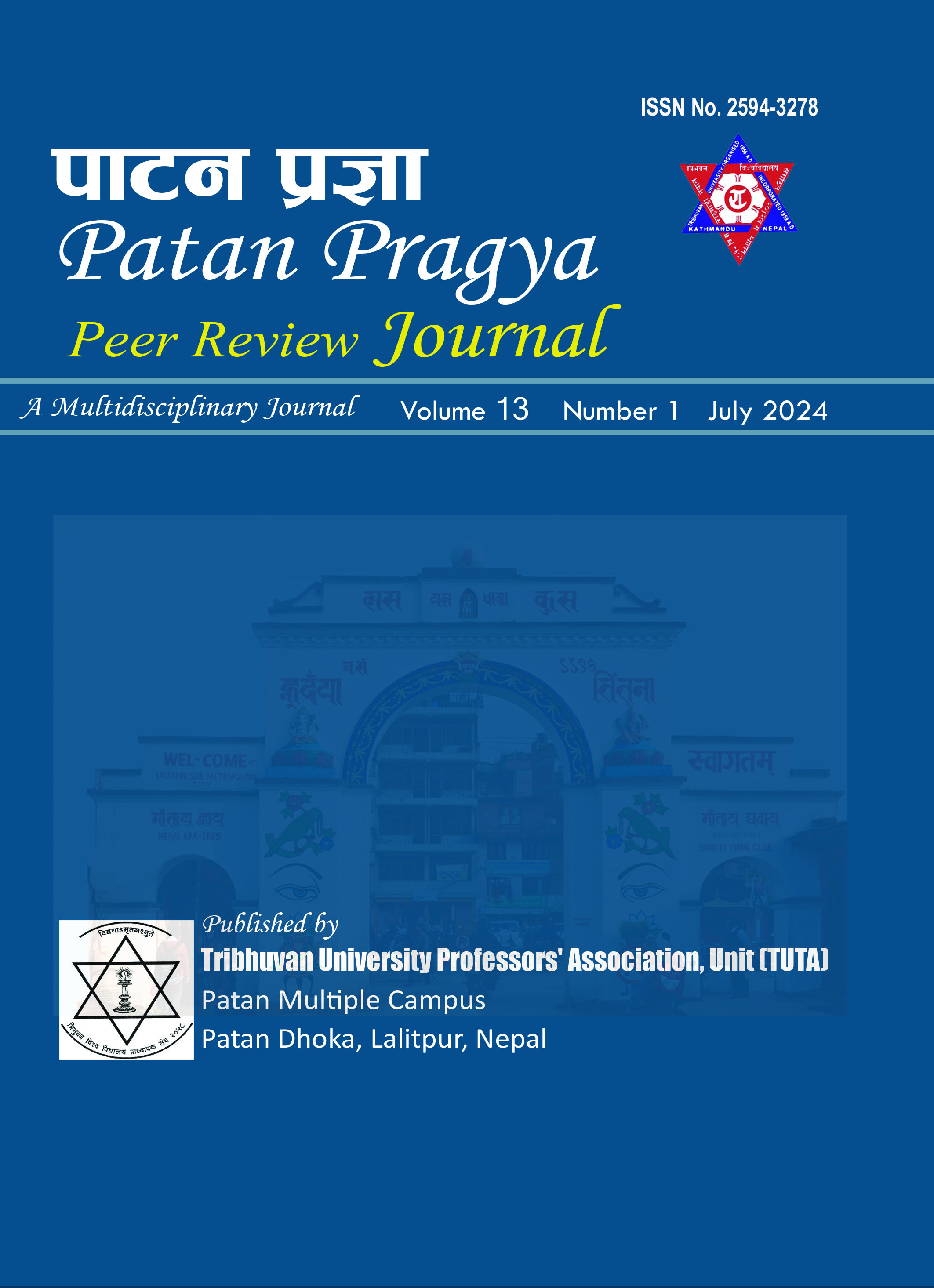Livelihood Impacts of Micro-Hydro Electricity Project of Rural People of Nepal
DOI:
https://doi.org/10.3126/pragya.v13i1.71177Keywords:
living standard, micro-hydro power, electricity, incomeAbstract
Micro-Hydropower (MHP) is generally defined as a decentralized small scale water power plant that generate electricity power up to 100kw and server nearby householders thoughts a local grid for power generation up to 100kw. This study analyzes the livelihood impacts of the micro-hydro electricity projects of the rural people on Taplejung district of Nepal. There are twelve micro hydroelectricity projects constructed as well as they generated and supply the electricity power of the local people without connected in national grid of the NEA. Primary data were used for the study for the information and descriptive statistics were used for data analysis. To measure livelihood impacts of the project, different indicators like housing and sanitation condition, electricity used, industrial situation, agro-product pricing and wage rate of the labour had been used. The completion of the different MHPs in the sample area shows the result that the MHPs had positive impacts upon the surrounding community people’s income and living standard, which shows the positive impacts on their livelihood in the Taplejung district. The result encourages the different stages of governance as well as other investors for the implementation of the micro-hydroelectricity project in the situation of the Nepalese context.
Downloads
Downloads
Published
How to Cite
Issue
Section
License
© Tribhuvan University Teachers' Association (TUTA), Patan Multiple Campus Unit

